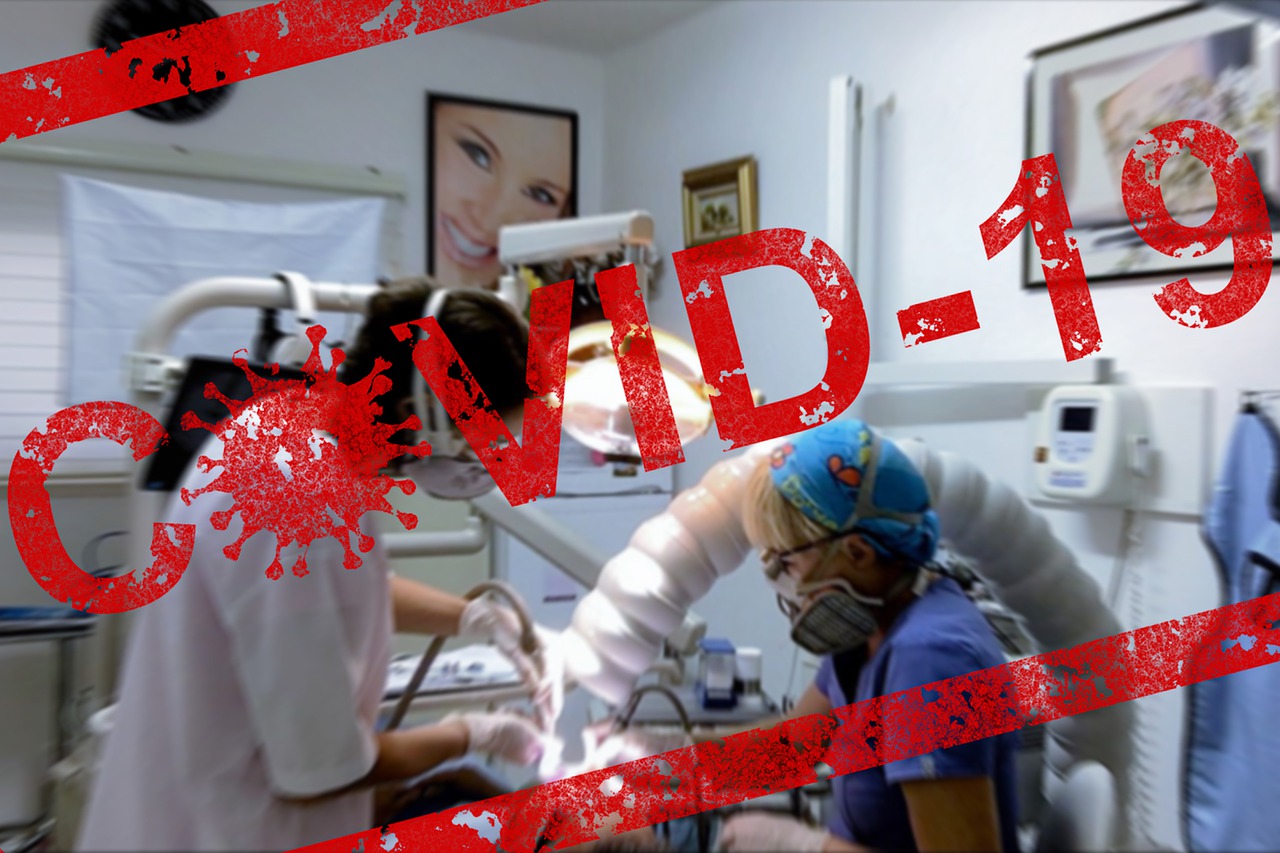
A research team led by investigators from Brigham and Women's Hospital has evaluated real-world evidence related to outcomes for COVID-19 patients who were treated with hydroxychloroquine or chloroquine analogues (with or without a macrolide). Investigators found no evidence that either drug regimen reduced the death rate among patients. Patients treated with hydroxychloroquine or chloroquine regimens were far more likely to experience abnormal, rapid heart rhythms (known as ventricular arrhythmias) than their counterparts who had not received the drugs. The team's findings are published in The Lancet.
"No matter which way you examine the data, use of these drug regimens did not help," said corresponding author Mandeep R. Mehra, MD, executive director of the Brigham's Center for Advanced Heart Disease. "If anything, patients had a higher likelihood of death. We also saw a quadrupling in the rate of significant ventricular arrhythmias in patients with COVID-19 who had been treated with hydroxychloroquine or chloroquine regimens."
Mehra and colleagues conducted their study using the Surgical Outcomes Collaborative database, an international registry comprised of de-identified data from 671 hospitals across six continents. The analysis included data on more than 96,000 patients hospitalized with COVID-19. This included almost 15,000 patients who had received the anti-malarial drug chloroquine or its analog hydroxyquinone with or without an antibiotic (macrolides such as azithromycin and clarithromycin) early after COVID-19 diagnosis. The study's primary endpoint was death or discharge from the hospital.
Mehra and colleagues found that 10,698 patients taking one of these drug regimens died in the hospital (11.1 percent) and 85,334 survived to discharge. The team compared this death rate to that of a control group, after accounting for confounding variables, such as age, sex and underlying risk factors. The death rate among the control group was 9.3 percent. Each of the drug regimens of chloroquine or hydroxychloroquine alone, or in combination with a macrolide, was associated with an increased risk of in-hospital death with COVID-19.
In addition, each of the drug regimens was associated with an increase in the risk of ventricular arrhythmia. Among the treatment groups, between 4 and 8 percent of patients experienced a new ventricular arrhythmia, compared to 0.3 percent of patients in the control group.
Chloroquine and hydroxychloroquine have been known to cause cardiovascular toxicity and previous studies have shown that macrolides can increase the risk of sudden cardiac death. A preliminary analysis of patients in Brazil treated with chloroquine and an antibiotic has suggested a high dose of chloroquine may be a safety hazard. Results from randomized, controlled clinical trials are not expected until the summer.
The authors caution that the current study is observational in nature -- this means that it cannot absolutely answer the question of whether the drug regimens were solely responsible for the changes in survival. Randomized clinical trials will be required before any conclusion can be reached regarding harm.
"These findings suggest that these drug regimens should not be used outside of the realm of clinical trials and urgent confirmation from randomized clinical trials is needed," the authors conclude.
The development and maintenance of the Surgical Outcomes Collaborative database was funded by the Surgisphere Corporation. The present analysis was supported by the William Harvey Distinguished Chair in Advanced Cardiovascular Medicine at Brigham and Women's Hospital, Boston. Mehra reports no direct conflicts pertinent to the development of this paper. Other general conflicts include consulting relationships with Abbott, Medtronic, Janssen, Mesoblast, Portola, Bayer, NupulseCV, FineHeart, Leviticus, Roivant and Triple Gene. Dr. Desai is the founder of Surgisphere Corporation, Chicago. The other authors have no pertinent conflicts to report.













